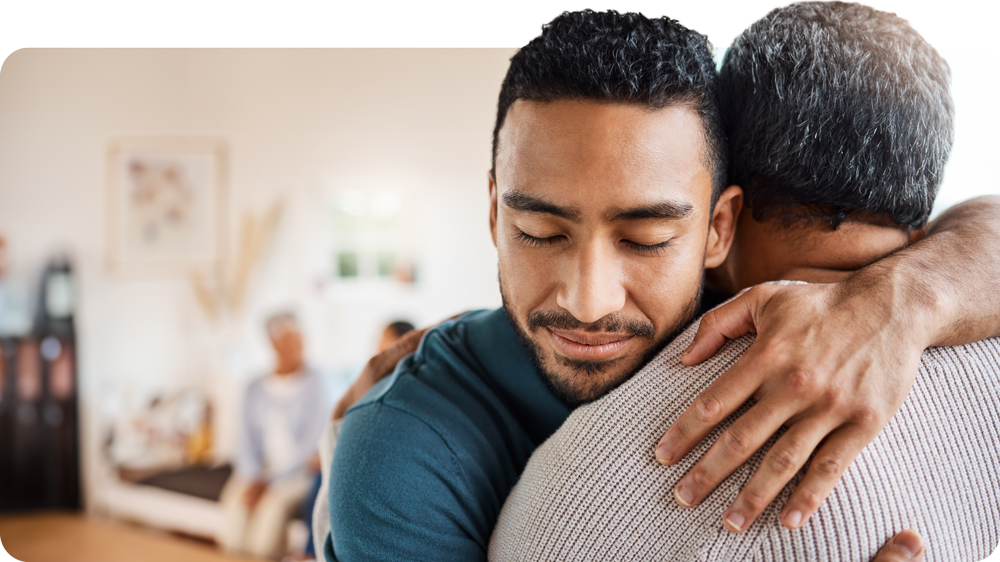About
If you think there is family and domestic violence in the relationship of someone you know, you may be scared to ask in case you are wrong. You may say nothing because you do not want to upset, interfere or offend them. Because of this, you may think saying nothing can seem like the best option. But saying nothing is probably the worst thing you can do.
If you are worried about a friend or family member who is experiencing violence or being abused, how you respond can make a big difference. Talking about what is going on, and identifying and naming it are very powerful ways to help.
The most important thing you can do is offer encouragement and support. If a person has trusted you enough to discuss their situation your response can confirm they have made the right decision.
You will need to respond without judgment, remain calm and let them know that you are there for them. Never downplay or blame the person or imply it is their fault.
Sometimes people will keep the abuse secret. As a friend, you may have concerns but you are not sure of the signs or you do not want to pry. You may feel awkward to ask and they may respond badly or you may say the wrong thing – but the worst thing you can do is keep quiet.
Get in touch
If you are concerned for yourself or someone else, our local, confidential helpline will advise anyone seeking help with domestic abuse. This includes relatives, friends and work colleagues as well as those who are causing harm.
Speak to us on 0800 69 49 999. Our phone line is available 8am to 8pm, 7 days a week.

